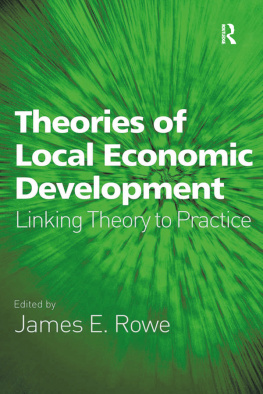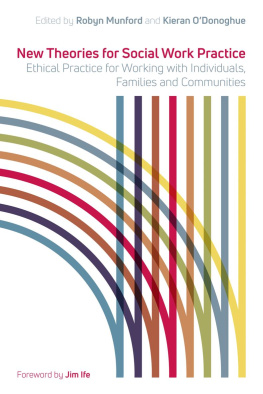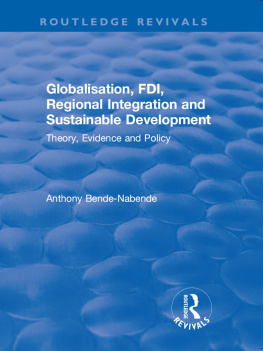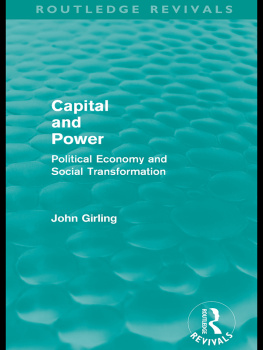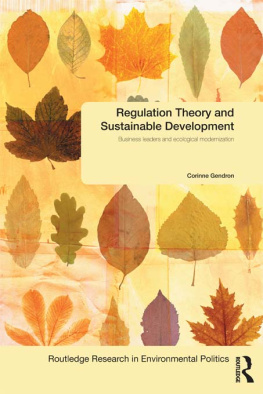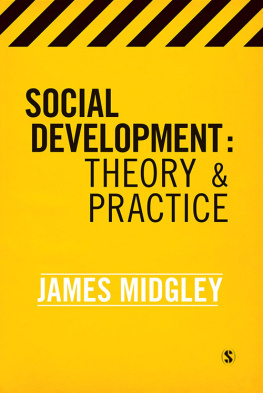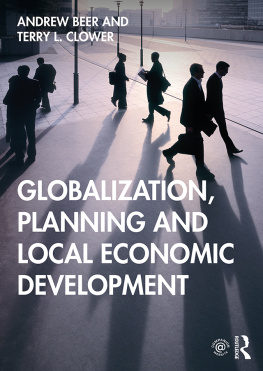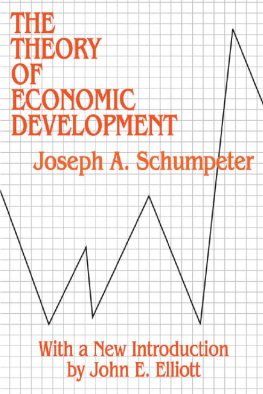James E. Rowe - Theories of Local Economic Development: Linking Theory to Practice
Here you can read online James E. Rowe - Theories of Local Economic Development: Linking Theory to Practice full text of the book (entire story) in english for free. Download pdf and epub, get meaning, cover and reviews about this ebook. year: 2008, publisher: Routledge, genre: Politics. Description of the work, (preface) as well as reviews are available. Best literature library LitArk.com created for fans of good reading and offers a wide selection of genres:
Romance novel
Science fiction
Adventure
Detective
Science
History
Home and family
Prose
Art
Politics
Computer
Non-fiction
Religion
Business
Children
Humor
Choose a favorite category and find really read worthwhile books. Enjoy immersion in the world of imagination, feel the emotions of the characters or learn something new for yourself, make an fascinating discovery.
- Book:Theories of Local Economic Development: Linking Theory to Practice
- Author:
- Publisher:Routledge
- Genre:
- Year:2008
- Rating:4 / 5
- Favourites:Add to favourites
- Your mark:
- 80
- 1
- 2
- 3
- 4
- 5
Theories of Local Economic Development: Linking Theory to Practice: summary, description and annotation
We offer to read an annotation, description, summary or preface (depends on what the author of the book "Theories of Local Economic Development: Linking Theory to Practice" wrote himself). If you haven't found the necessary information about the book — write in the comments, we will try to find it.
James E. Rowe: author's other books
Who wrote Theories of Local Economic Development: Linking Theory to Practice? Find out the surname, the name of the author of the book and a list of all author's works by series.
Theories of Local Economic Development: Linking Theory to Practice — read online for free the complete book (whole text) full work
Below is the text of the book, divided by pages. System saving the place of the last page read, allows you to conveniently read the book "Theories of Local Economic Development: Linking Theory to Practice" online for free, without having to search again every time where you left off. Put a bookmark, and you can go to the page where you finished reading at any time.
Font size:
Interval:
Bookmark:
Lester J. and Dorothy R. Rowe
JAMES E. ROWE
University of Auckland, New Zealand

2 Park Square, Milton Park, Abingdon, Oxon OX14 4RN
711 Third Avenue, New York, NY 10017, USA
Product or corporate names may be trademarks or registered trademarks, and are used only for identification and explanation without intent to infringe.
Theories of local economic development : linking theory to
practice
1. Economic development
I. Rowe, James E. (James Edward)
338.9
Theories of local economic development: linking theory to practice / [edited]
by James E. Rowe.
p. cm.
Includes index.
ISBN 978-0-7546-7305-7 (hardback) 1. Economic development. 2.
Community development. 3. Economic policy. I. Rowe, James E. (James
Edward)
HD75.T4773 2008
338.90091732--dc22
| Transfered to Digital Printing in 2012 | 2008030030 |
Font size:
Interval:
Bookmark:
Similar books «Theories of Local Economic Development: Linking Theory to Practice»
Look at similar books to Theories of Local Economic Development: Linking Theory to Practice. We have selected literature similar in name and meaning in the hope of providing readers with more options to find new, interesting, not yet read works.
Discussion, reviews of the book Theories of Local Economic Development: Linking Theory to Practice and just readers' own opinions. Leave your comments, write what you think about the work, its meaning or the main characters. Specify what exactly you liked and what you didn't like, and why you think so.

